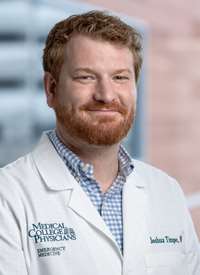Medical College of Wisconsin Emergency Medicine Division of Global and Population Health
Mission
We seek to advance knowledge, skills, and reflective practices in global and population health; in pursuit of that, we create and execute educational and research initiatives in community and academic settings that improve the health care of patients and communities.
Vision
To improve the health of vulnerable populations.
Focuses of the Division
Educational Initiatives
Student Educational Opportunities
Resident Curriculum
Division Faculty
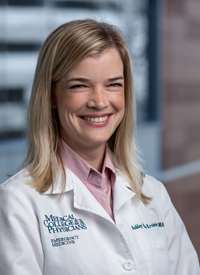
Ashley Pavlic, MD, MA
Associate Professor, Emergency Medicine, Institute for Health & Humanity, Center for Bioethics and Medical Humanities; Course Director, The Good Doctor, Character and Professional Development Thread; Co-Director, Bioethics and Medical Humanities Pathway; Education Lead, Division of Global and Population Health
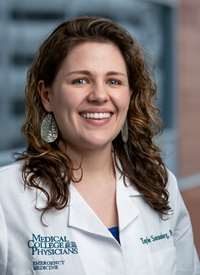
Taylor Sonnenberg, MD, MSGH
Assistant Professor; Chief, Division of Global and Population Health; Course Co-Director, Population Health in the ED, Fourth Year Medical Student Elective
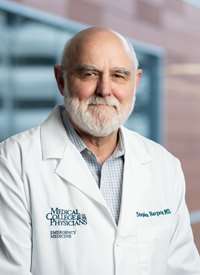
Stephen Hargarten, MD, MPH
Professor; Founding Director, Comprehensive Injury Center; Senior Science and Policy Advisor
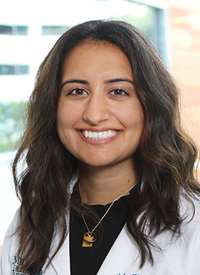
Sehr Khan, MD
Assistant Professor
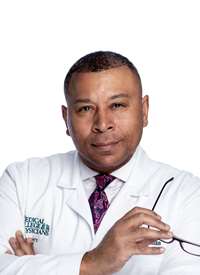
Ian B. K. Martin, MD, MBA, FACEP, FAAEM
Eminent Scholar, Professor with Tenure and System Chair; Interim Senior Associate Dean & Associate Provost for Faculty Affairs
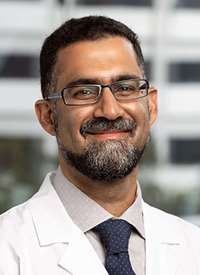
Aasim I. Padela, MD, MSc, FACEP
Professor and Vice Chair for Research and Scholarship; Director, RAPID-EM Fellowship Program
